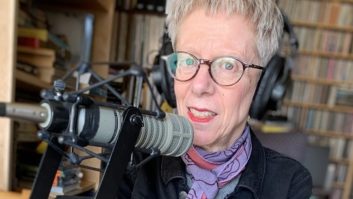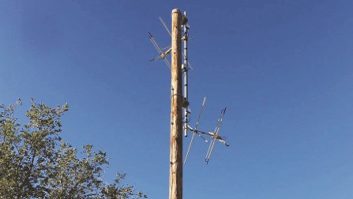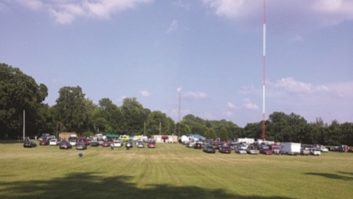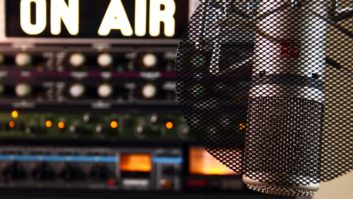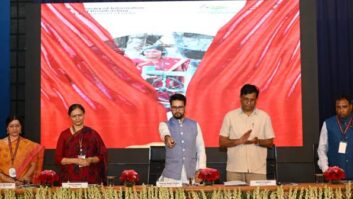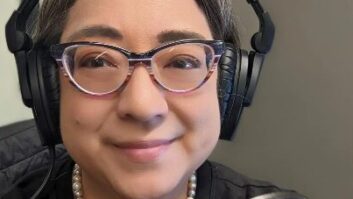Hats off to American University’s NPR affiliate WAMU(FM) in Washington for recognizing that local music is important.
It’s exciting to hear a talk station have the courage and smarts to take a position concerning local musicians’ significance to the community.



Local music = emotional connection.
How do they do it? They clearly and concisely explain to the audience that the music they’re playing between shows is created by local musicians. While they don’t always have time to announce the name of the act, it does happen often enough to clue listeners in to what’s going on. It feels almost like being in on a cool secret.
Their website states “‘Capital Soundtrack’ is our way of amplifying our local musicians and tapping into the rich and diverse sounds of this place we call home. Let WAMU connect you with the sounds of Washington.” WAMU.org also lets listeners hear the full-length versions of the songs.
SNIPPETS COUNT
Before you start hating on this abbreviated on-air approach to touting local artists, consider what most stations, even music stations, do to promote local bands. Usually, nothing.
Integrating local music into the fabric of a radio station is difficult. I will admit, it’s risky to introduce new songs to listeners — especially if they’re from unknown acts — but take a lesson from the “Capital Soundtrack” project. Consider what you can do to frame your approach to local music properly.
I admire the way WAMU sets the tone by expressing the importance of local bands across a variety of music genres. I’ve heard rock, jazz, blues, country, classical, the whole gamut, all in very short snippets. While this may seem insignificant, it’s the natural start to what can be a long build to something more important. Just by recognizing that there is a local music scene — and admitting that you are willing to show support — gets you in the game.
The next step is deciding how often and how much local music you’re going to commit to playing. Starting small is fine. Finding a few initial songs or artists to feature with even moderate frequency creates a new platform to solicit interest from local musicians. As songs start to come in, another angle is to feature them in a special area of your website or on a YouTube channel that you build out, specific to this project.
Step three is to step right up and start a weekly local music show on the air.
Here’s a nice role model for you to observe: Check out WTTS(FM) in Indianapolis, which has a show called “Indy Underground,” airing Monday nights at 8 p.m. and rebroadcast Saturday nights. Their website,wttsfm.com, reflects what’s been played each week, with links to local acts.
Even talk stations like WAMU could set aside 30 to 60 minutes per week for local music (the station already broadcasts “Hot Jazz Saturday Night” from 8–11 p.m. weekly). Breaking format once in a while draws attention and makes the listening experience memorable.
If you have HD channels, you have an greater opportunity to feature local acts. You could even have local musicians take over blocks of programming, playing their own stuff and the music that influenced them.
As important as playing the music is letting your audience know where they can hear local talent play. This can be a simple 15-second promo: “We support local music! Have you heard [Artist Name]? Check them out tonight at 8 p.m. live at [local place]. Details at [station website].”
Truth be told, I’ve long been enamored with playing local songs, as well as interviewing local musicians and promoting their performances. But now more than ever, broadcast stations should play a vital role that isn’t yet performed by streaming services.
I feel compelled to continue pounding the drum for local music on radio because the cultural past, present and future should always be recognized and celebrated.
Mark Lapidus can be reached at[email protected].





